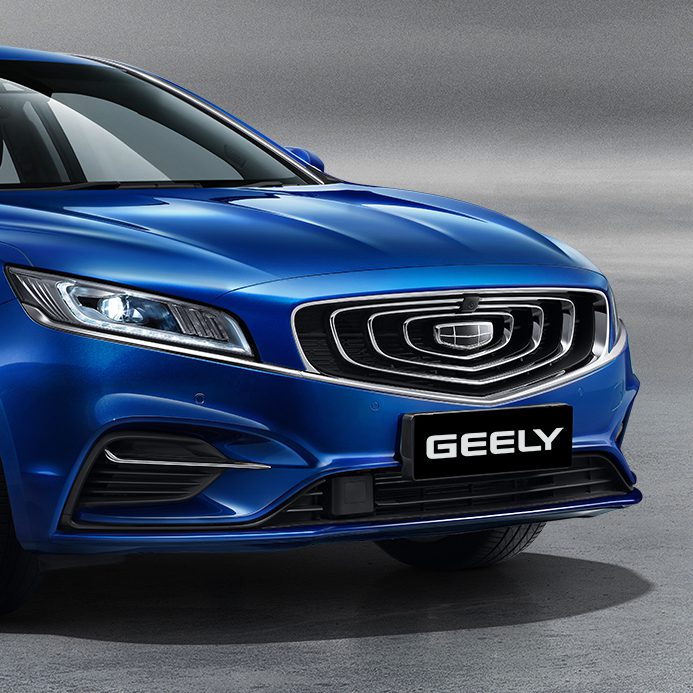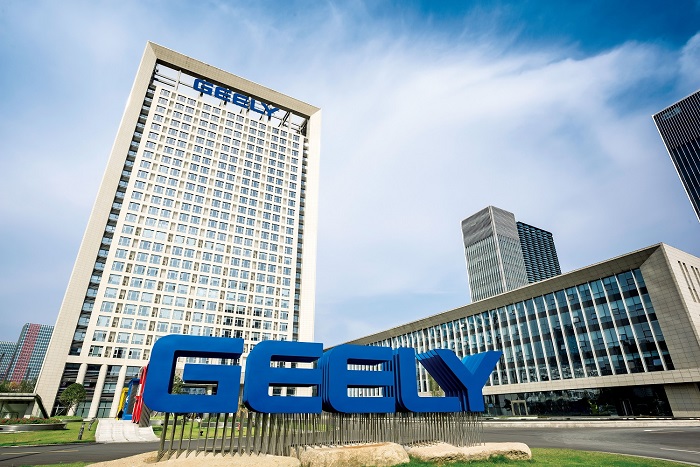MANILA, PHILIPPINES – A major power shift in the global luxury automotive sector has direct implications for the Philippine market. Geely Holding Group, the Chinese automotive giant that owns Volvo and Lotus, has cemented its position as the third-largest shareholder of the iconic British brand, Aston Martin Lagonda (AML). This partnership is far more than a financial arrangement; it is a strategic fusion of British heritage and Chinese technological scale. For the Philippines, a market with rapidly increasing demand for both luxury performance and accessible modern technology, this alliance is set to reshape brand perceptions and introduce new dynamics by the end of 2025.
The Logic of the Global Alliance
For Aston Martin, the strategic investment by Geely provides immediate and essential capital stability, but more importantly, it opens the door to Geely’s vast technological arsenal. This includes access to advanced electric vehicle (EV) architectures, sophisticated battery management systems, and cutting-edge autonomous driving software. This technology infusion is vital for Aston Martin as it races to develop its next generation of electrified, high-performance luxury vehicles.
For Geely, the move is a powerful brand-building exercise. Owning a piece of Aston Martin adds undeniable prestige to their global portfolio, which already boasts premium brands. This association helps legitimize Geely’s technological capabilities in the eyes of international consumers and investors, reinforcing its transition from a volume manufacturer to a high-end mobility provider.

Projected Impact on the Philippine Market by 2025
The effects of the Geely-Aston Martin partnership will trickle down to the Philippine market in specific ways, influencing everything from the product lineup to local dealership competition by late 2025.
The most significant immediate change will be the speed at which Aston Martin introduces electrified vehicles to the Philippines. By leveraging Geely’s platforms, Aston Martin can bring performance hybrids and battery electric vehicles (BEVs) to the local market faster and potentially more competitively than originally planned. This shift caters directly to affluent Filipino consumers who are increasingly seeking sustainable luxury options, thereby challenging established European competitors who are only slowly introducing their full EV lineups locally.
This momentum will lead to heightened competition in the premium segment. The Geely Group in the Philippines already commands strong attention through its local distributor, which handles brands like Geely Auto. As Geely’s global influence over Aston Martin grows, its local partners gain enhanced credibility and potential synergy in marketing and distribution. This global association puts direct pressure on local luxury segment leaders, forcing them to ramp up their own service offerings and product launches to retain market share against a newly emboldened competitor that combines British allure with mainland Asian efficiency.
Crucially, the partnership also signals a successful global technology transfer and perception shift. Where Geely’s expertise is used to enhance a European luxury icon, it reframes the conversation around the quality of Chinese-backed automotive technology in the Philippines. As Aston Martin models begin featuring Geely-sourced battery and software components, it validates the technology, making volume consumers more accepting and trusting of other Geely-owned brands and their sophisticated features. This helps accelerate the overall consumer trust in non-traditional luxury automotive brands across the archipelago.

Final Outlook
By the end of 2025, the Geely-Aston Martin alliance will solidify its presence in the Philippine automotive ecosystem. It will serve as a definitive case study demonstrating how global collaborations are necessary to navigate the high costs of electrification. While Aston Martin’s exclusivity will remain intact, the partnership ensures its relevance in a quickly changing, technology-driven Philippine luxury landscape, driving innovation and sharpening competition across the premium vehicle segment.







